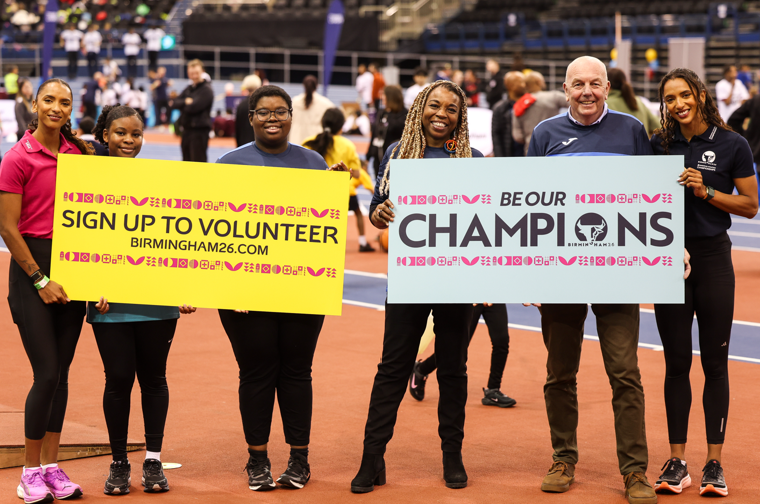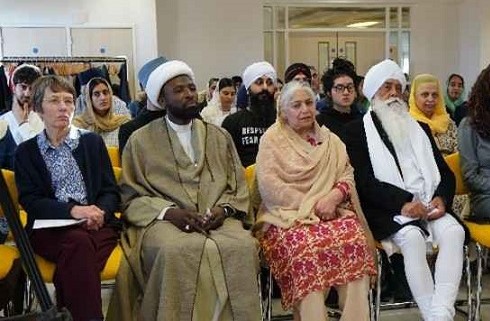After losing her landmark legal case against athletics’ governing body, the IAAF, South African 800m Olympic champion Caster Semenya is considering an appeal against the sporting body, whose decision, it is widely felt, could end her career as an elite athlete.
The ruling by the Court of Arbitration (Cas) for Sport means that Semenya, who has not been beaten over 800m since 2015, will have to take medication to significantly reduce her testosterone if she wants to run internationally at events between 400m and a mile.
Under the regulations she - who has naturally high testosterone levels - would be required to undergo hormone therapy for at least six months before any competition.
Cas agreed that the IAAF’s policy was “discriminatory” to athletes with differences in sexual development (DSDs) such as Semenya.
Semenya, who has long argued that her unique genetic gifts should be celebrated not regulated, said she would not give up her fight and believed that the DSD regulations would be one day overturned.
“I know that the IAAF’s regulations have always targeted me specifically,” she added. “For a decade the IAAF has tried to slow me down, but this has actually made me stronger.” The decision brought widespread reaction
Whilst Britain’s former champion marathon runner, Paula Radcliffe had said that the court ruling involving Caster Semenya could have hand intersex and transgender athletes an unfair advantage, and ultimately bring about the end of women’s sport, the decision brought angry responses elsewhere.
A fuming Commonwealth Games gold medallist, Dalton Grant, said: “Should you then have banned Usain Bolt because of his height advantage over other sprinters, or ban Ethiopian distance runners who live, run and train at high altitude.”
The former board director of the London 2012 Olympic bid team added: “I’m sure there has been, and still, any athlete who takes advantage of any level of ‘God-given’ advance they have over others.”
Tennis legend Martina Navratilova says Caster Semenya verdict is unfair. On her website she said; "The verdict against Semenya is dreadfully unfair to her and wrong in principle.
"She has done nothing wrong and it is awful that she will now have to take drugs to be able to compete. General rules should not be made from exceptional cases, and the question of transgender athletes remains unresolved."
The UN condemned such treatment as an “unnecessary, humiliating and harmful medical procedure.”
“The decision of the Cas,” Semenya said, “will not hold me back. I will once again rise above and continue to inspire young women and athletes in South Africa and around the world.”















